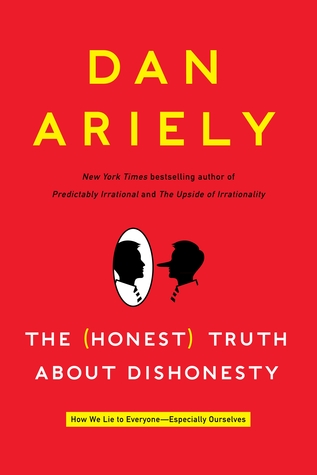Three Ways to Lose Your Audience September 13 2012
 A little over a year ago, I wrote a post called Three Signs Your Slide Deck Stinks. I think it got the most comments in the history of this blog as I invited readers to share their pet peeves from presentation land.
A little over a year ago, I wrote a post called Three Signs Your Slide Deck Stinks. I think it got the most comments in the history of this blog as I invited readers to share their pet peeves from presentation land.
The Slide Deck Stinks post comes to mind because I've attended a lot of presentations lately. While I've heard some great ones, I'm sorry to say that there have been some bad ones too. In an age when practically everyone has a source of endless distractions (the smart phone) at their fingertips, it's easier than ever to lose your audience in two minutes or less. I've seen a lot of presenters do exactly that.
You probably have your own list of things presenters do that cause you to check out. I encourage you to share them in the comments so we can all learn from each other (or at least enjoy a good rant.) If I was writing an open letter to anyone who has to present (which I guess I am actually), here are three things I would beg them to avoid if they don't want to lose me and the rest of the audience:
Expect Me to Just Listen for 45 Minutes Straight: Please structure your presentation so you get me and the rest of the audience involved in the first two minutes and then give us something else new to do about every eight to ten minutes after that. Please don't expect me to listen to fact after fact for 45 minutes or more without checking out. Ask us a question that requires a response or show of hands. Show a relevant (but short) video. Give us a simple exercise to do with a neighbor that illustrates your points. Ask us to jot down a few thoughts and share them with each other. Almost everyone these days has ADD. Work with that by mixing things up.
Talk in a Monotone: I don't expect cartwheels and handstands, but please bring some energy to your presentation. Above all else, please drop the monotone delivery. It literally puts us to sleep.Vary your pace. Use some inflection. Raise your volume. Lower your volume. When you're practicing your presentation (and I hope you are) record yourself and play it back. I'll bet you'll be surprised by how flat the delivery is. Dial up the energy. Most presenters (myself included) can't dial it up too much.
Take Yourself So Damn Seriously: Some of you presenters are so serious up there that you're scaring me. Let's get real; most presentations are not about life and death topics so let's not act like they are. Pretend you're having a conversation with a bunch of friends. (It certainly worked for Bill Clinton at the Democratic National Convention.) Laugh a little. Smile.Connect with us.
OK, if you were writing your own letter to presenters what would you ask them to do to engage you or absolutely avoid so they don't lose you? Please share in the comments.








